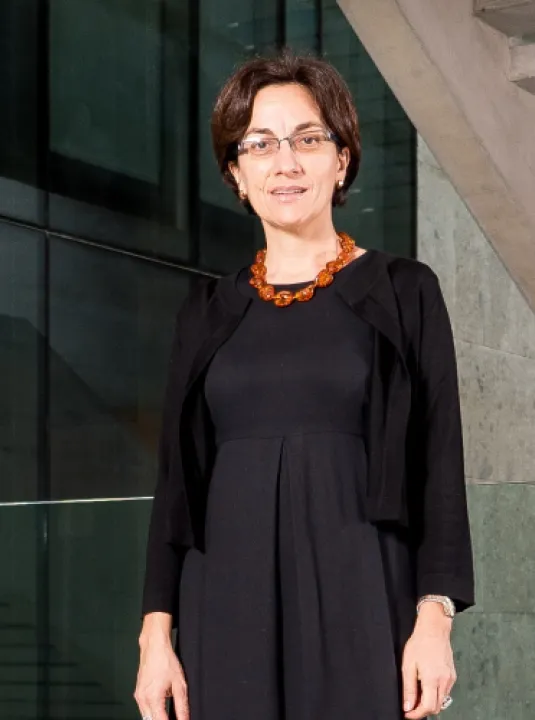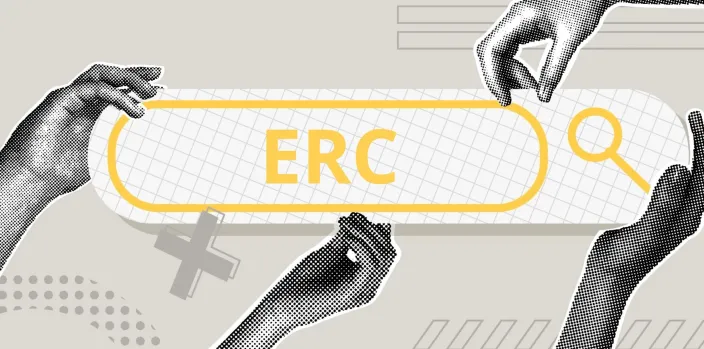
Comprendere le origini della fragilità finanziaria
Banking crises have been regular features of modern economic history. From the Great Depression to the collapse of Silicon Valley Bank in 2023, via the global financial crisis of 2007-2008, they are turning points leaving deep scars on society, businesses and institutions. Two recurring elements are present in each crisis: sudden and massive withdrawals by depositors, also known as bank runs, and the relaxation of prudential rules and supervisory procedures in the preceding phase.
This observation led to the creation of INFINITY – The OrigINs of FINancial FragilITY, a research program of which I am the principal investigator, which is about to be launched thanks to the support of the European Research Council through an ERC Advanced Grant. The goal is ambitious: to develop new theoretical and empirical tools in order to achieve an in-depth understanding of the dynamics of banking fragility that helps develop more effective public policies.
The project is divided into three separate but closely interlinked research areas. The first is theoretical in nature. Traditional models of bank runs have accurately described the role of deposits as an insurance tool for savers, but today they look incomplete. Digitalization, the growth of corporate deposits, and greater banking concentration have transformed the reference framework. My goal is to develop a new theoretical system that incorporates these changes and allows for a rigorous analysis of how bank capital and monetary policy influence the probability and nature of bank runs. In this way, we aim to clarify the hitherto little-explored link between financial fragility, monetary policy implementation and central bank credibility.
The second area is empirical and concerns the political dimension of banking regulation. Preliminary studies show that banks that benefited most from the deregulation introduced by the Economic Growth, Regulatory Relief, and Consumer Protection Act of 2018 had invested heavily in lobbying in previous years. By setting up an original dataset on lobbying and electoral contributions, I intend to systematically measure the ability of banks to influence the legislative process, seeking to understand whether this occurs through information channels or direct exchanges of favors. This line of research will provide new evidence on a crucial aspect: the relationship between private interests and systemic stability.
The third area concerns supervision. Too often, regulation and supervision are considered synonymous, but they actually perform different functions. Regulation establishes general rules, while supervision interprets and enforces them. Using a unique Federal Reserve dataset, which includes information on individual supervisors, it will be possible to study how each supervisor’s “style” — whether stricter or more lenient — affects the behavior of banks. This is an important step forward in understanding how much stability depends not only on written rules, but also on the human and professional capital of supervisory authorities.
INFINITY stems from the need to update and enrich existing theories, linking disciplines that have often proceeded in parallel: the theory of bank runs, the study of bank capital, regulatory policy and the empirical analysis of supervision. The hope is to build a bridge between theoretical reflection and empirical analysis, between academic research and policy, producing results that are both scientifically and socially relevant.
Banking crises can never be completely eradicated. But understanding their causes, mechanisms, and vulnerabilities is the first step toward reducing their frequency and severity. With INFINITY, we want to contribute to this goal: transforming fragility into knowledge, and knowledge into tools for a more stable and resilient financial system.


